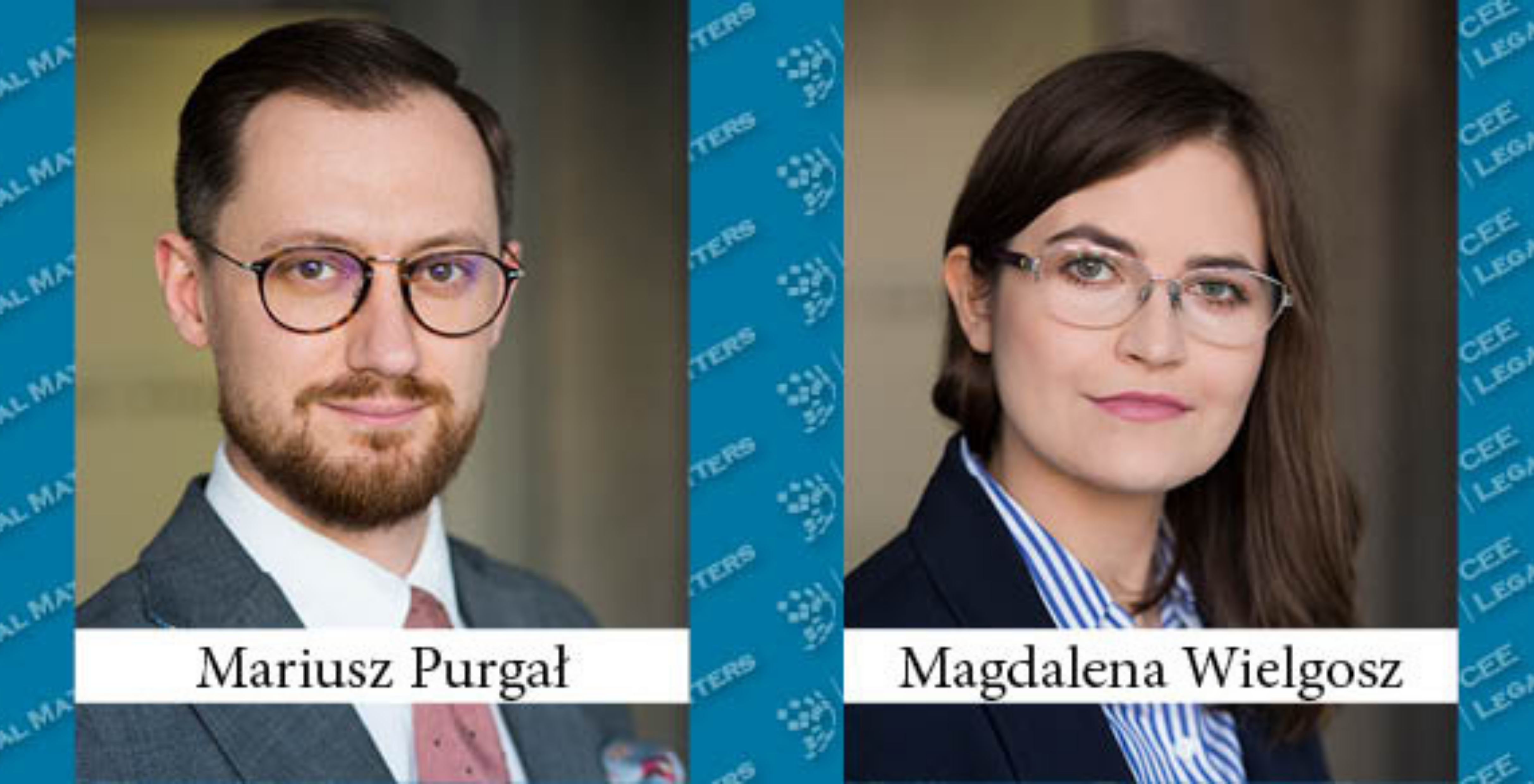Financing Russia as support for terrorism under the Polish AML Act

Today, cooperation with Russia has serious image consequences. For example, Leroy Merlin and Auchan have felt the further expansion in the Russian market quite strongly, reporting a drop in visits (and thus sales) at their remaining outlets. However, these are not the only consequences that a company should consider maintaining business contacts with Russia.
Under the AML Act, entities financing Russian aggression are financing terrorism as well. According to the Polish Criminal Code, a terrorist offense can be defined when there has been:
- seriously intimidating many persons,
- forcing a public authority of a state or an authority of an international organization to take or abandon a specific action,
- causing serious disturbance to the system or economy of a State or of an international organization, or threatening to commit such an act.
Moreover, one example of such a terrorist offense is a war of aggression.
What steps should therefore be taken by the obliged institution? What procedures should be put in place to avoid accusations of supporting terrorism? And what if a client is on the sanctions list or is financially involved in the Russian invasion? Mariusz Purgał and Magdalena Wielgosz wrote for CEE Legal Matters about those questions. Sanctions Imposed on Russia and Anti-money Laundering Regulations – What Obliged Institutions Need to Know. The entire article is available here.
We invite you to read it!
